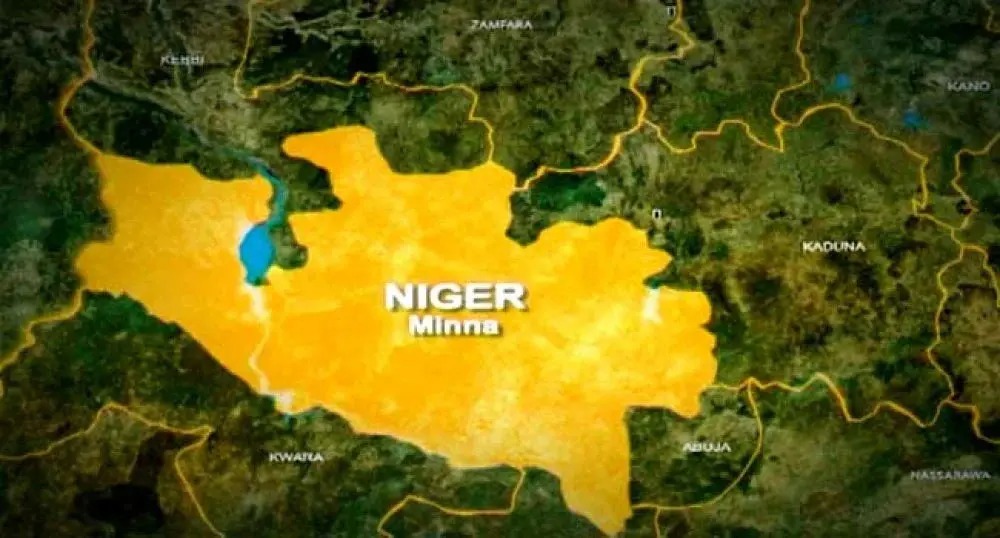The Niger State Government’s recent decree banning unlicensed religious preaching has ignited a firestorm of controversy, raising fundamental questions about the intersection of religious freedom and state authority. The directive, announced by the Director-General of the Niger State Religious Affairs Department, Umar Farooq, mandates that all preachers obtain a government-issued license within a two-month period or face potential penalties. This unprecedented move has drawn sharp criticism from religious leaders, scholars, and legal experts, who argue that it infringes upon constitutional rights and sets a dangerous precedent for government overreach into religious affairs.
The rationale behind the government’s decision remains somewhat opaque. While officials have not explicitly stated the motivations driving the ban, it is speculated that concerns about potential security threats and the misuse of religious platforms for incitement may have played a role. In a society grappling with complex security challenges, the government’s desire to regulate public discourse and prevent the spread of extremist ideologies is understandable. However, critics argue that the blanket ban on unlicensed preaching is an overbroad and disproportionate response that fails to address the root causes of these concerns while simultaneously suppressing legitimate religious expression.
The crux of the opposition to the ban lies in the fundamental right to freedom of religion, enshrined in both international human rights law and the Nigerian constitution. Religious leaders argue that preaching is a divine calling and an integral part of religious practice, not subject to government control. The requirement of a license, they contend, effectively grants the state the power to determine who is qualified to speak on religious matters, thereby impinging on the autonomy of religious institutions and the individual’s right to practice their faith freely. Moreover, concerns have been raised about the potential for bias and discrimination in the licensing process, with fears that the government could use this power to favor certain religious groups or silence dissenting voices.
The practical implications of the ban also raise serious concerns. The sheer number of preachers across Niger State, coupled with the limited resources of the Religious Affairs Department, makes the task of licensing every preacher within two months logistically daunting. This raises questions about the feasibility and effectiveness of the policy. Furthermore, critics argue that the ban could drive religious activities underground, making it more difficult for the government to monitor and address potential security threats. Instead of promoting stability, they argue, the ban could inadvertently create a breeding ground for radicalization and extremism.
The diverse reactions from religious leaders and scholars underscore the depth of the controversy surrounding the ban. While some have expressed cautious support for the government’s intent to maintain peace and security, the overwhelming majority have condemned the policy as an infringement on fundamental rights. The Chief Imam of the Federal University of Technology, Minna, Bashir Yankuzo, articulated a widely held view, arguing that preaching is a divine mandate and not subject to government regulation. He suggested that the government should only intervene in cases where preachers incite violence or pose a clear threat to public safety. Similarly, Christian leaders have expressed their reservations, with the Christian Association of Nigeria stating that they were not consulted about the ban and would issue an official statement once they receive formal notification.
Legal experts have also weighed in on the debate, emphasizing the importance of due process and legislative oversight. They argue that such a significant policy change should not be implemented through executive fiat but should be subject to proper legislative scrutiny. This would ensure that the policy is thoroughly debated, its potential implications are carefully considered, and any unintended consequences are mitigated. Furthermore, they point out that the ban, as currently formulated, lacks clarity and specificity, raising concerns about its arbitrary application and potential for abuse. The absence of clear guidelines regarding the criteria for obtaining a license, the composition of the screening panel, and the grounds for denial creates a climate of uncertainty and opens the door to potential discrimination. The call for legislative action highlights the need for a transparent and inclusive process that respects fundamental rights while addressing legitimate security concerns.














